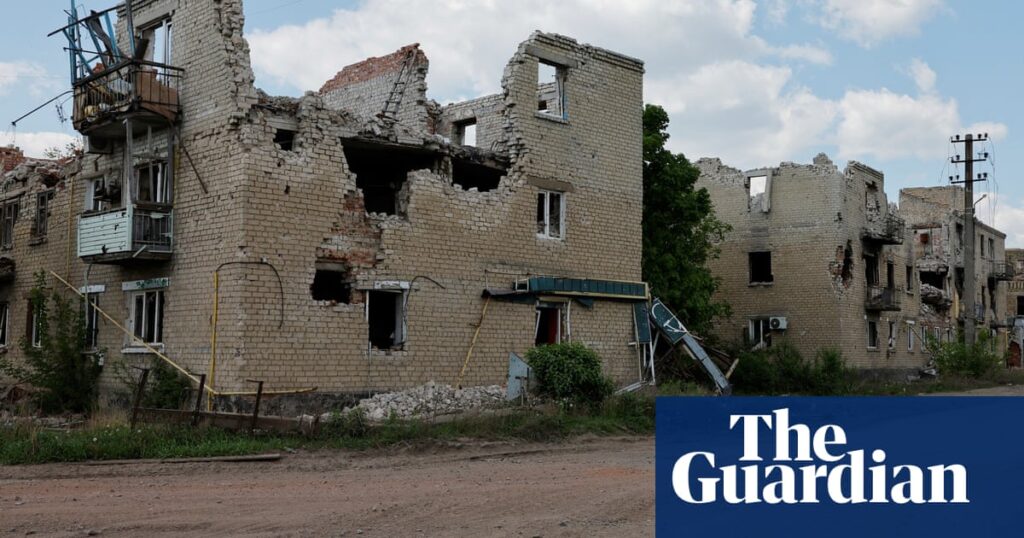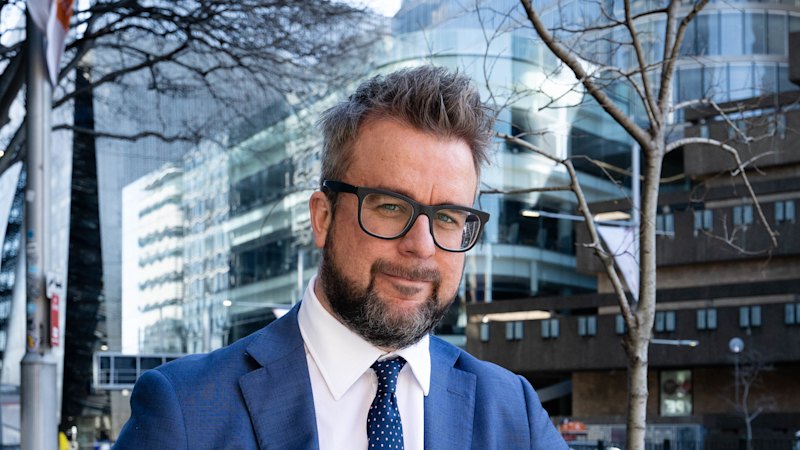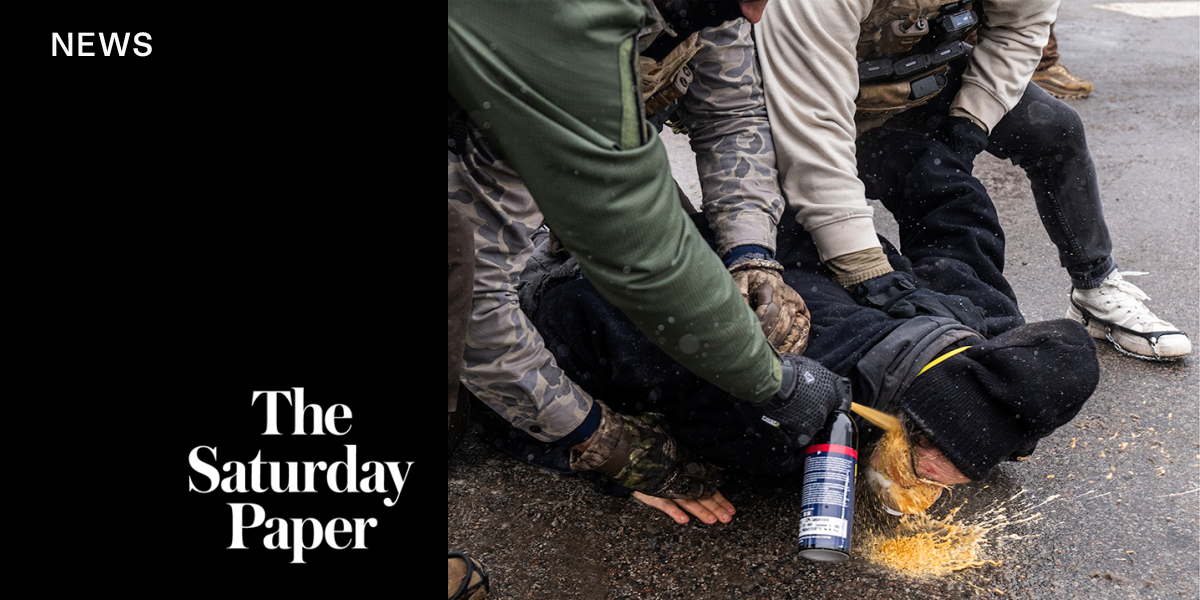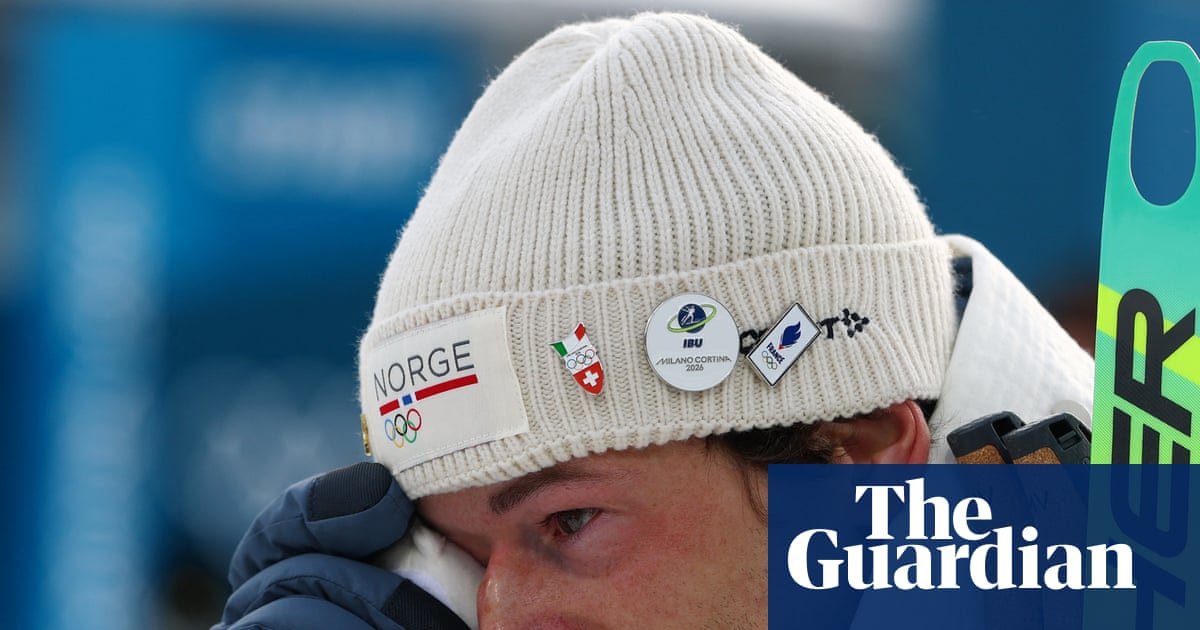
In a dramatic turn of events, Russian forces have reportedly taken complete control of the Luhansk region in Ukraine, according to Leonid Pasechnik, a Russia-appointed official. This announcement, made on Monday, marks a significant milestone in the ongoing conflict, as Luhansk could become the first Ukrainian region fully occupied by Russia after more than three years of warfare. Pasechnik shared the news on Russia’s state TV Channel One, stating he had received confirmation “literally two days ago” that “100%” of the region was under Russian control. However, there has been no immediate response from Kyiv regarding these claims.
Meanwhile, North Korea’s state media broadcasted images of leader Kim Jong-un draping coffins with the national flag, an apparent gesture of repatriation for soldiers who died fighting for Russia in Ukraine. This poignant ceremony took place against the backdrop of a gala performance by North Korean and Russian artists in Pyongyang. The event underscores the growing military ties between North Korea and Russia, as the two nations commemorate a landmark military treaty.
Russian Advances in Dnipropetrovsk
In another development, Russian state media and pro-war bloggers have claimed that Russian forces have captured a village in the Dnipropetrovsk region of Ukraine. This marks the first such advancement in the area during Russia’s three-year offensive. Dnipropetrovsk, located west of the Donetsk region, is not among the five Ukrainian regions over which Russia has declared formal territorial claims. As of now, there has been no confirmation from Ukrainian officials or the Russian defense ministry.
The capture of Luhansk and the reported advance in Dnipropetrovsk highlight the ongoing intensity of the conflict. Russian President Vladimir Putin’s strategic goals remain under scrutiny, with German Foreign Minister Johann Wadephul asserting during a visit to Kyiv that Putin aims to “subjugate the whole of Ukraine and spread fear throughout Europe.” Wadephul dismissed Putin’s “alleged willingness to negotiate” as a facade, reflecting the skepticism surrounding diplomatic efforts that have stalled despite calls for a peace deal.
Economic and Political Repercussions
The European Union announced on Monday that it has agreed to a new long-term trade deal with Ukraine, focusing on the import of food products from the war-torn country. This agreement comes after protests from EU farmers led to the imposition of quotas on tariff-free Ukrainian agricultural imports. The European Commission stated that under the new deal, quotas would remain for sensitive agricultural areas, while Ukraine would reduce its quotas for pork, poultry, and sugar imports from the EU. Additionally, Kyiv is expected to align its food production standards with those of the EU by 2028.
In the financial realm, the International Monetary Fund (IMF) has completed its eighth review of Ukraine’s $15.5 billion four-year support program, paving the way for an additional $500 million disbursement. This brings total disbursements to $10.6 billion. However, the IMF warned of “exceptionally high” risks to Ukraine’s economic outlook, emphasizing the ongoing challenges faced by the nation.
Historical Context and Future Implications
The current conflict in Ukraine is reminiscent of historical territorial disputes and power struggles in Eastern Europe. The annexation of Luhansk and other regions by Russia echoes past geopolitical tensions, particularly those seen during the Cold War era. The international community continues to watch closely, as the situation in Ukraine could have far-reaching implications for global security and economic stability.
As the conflict persists, the international community remains divided on how to address Russia’s aggressive maneuvers. The potential for further escalation looms large, with diplomatic efforts seemingly at an impasse. The unfolding events in Ukraine will likely shape the geopolitical landscape for years to come, influencing international relations and economic policies across the globe.
The coming weeks and months will be crucial in determining the future trajectory of the conflict. Observers and stakeholders alike will be monitoring developments closely, as the world awaits potential breakthroughs in negotiations or further escalations in military actions.





